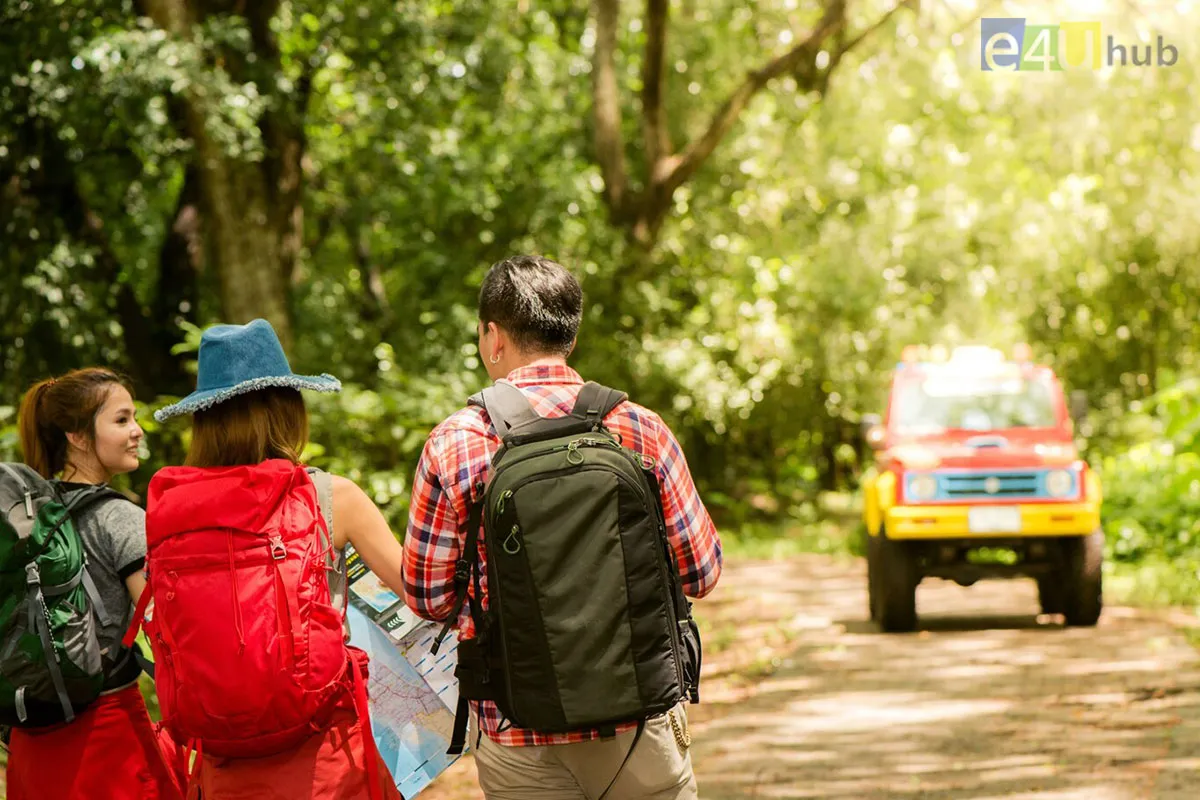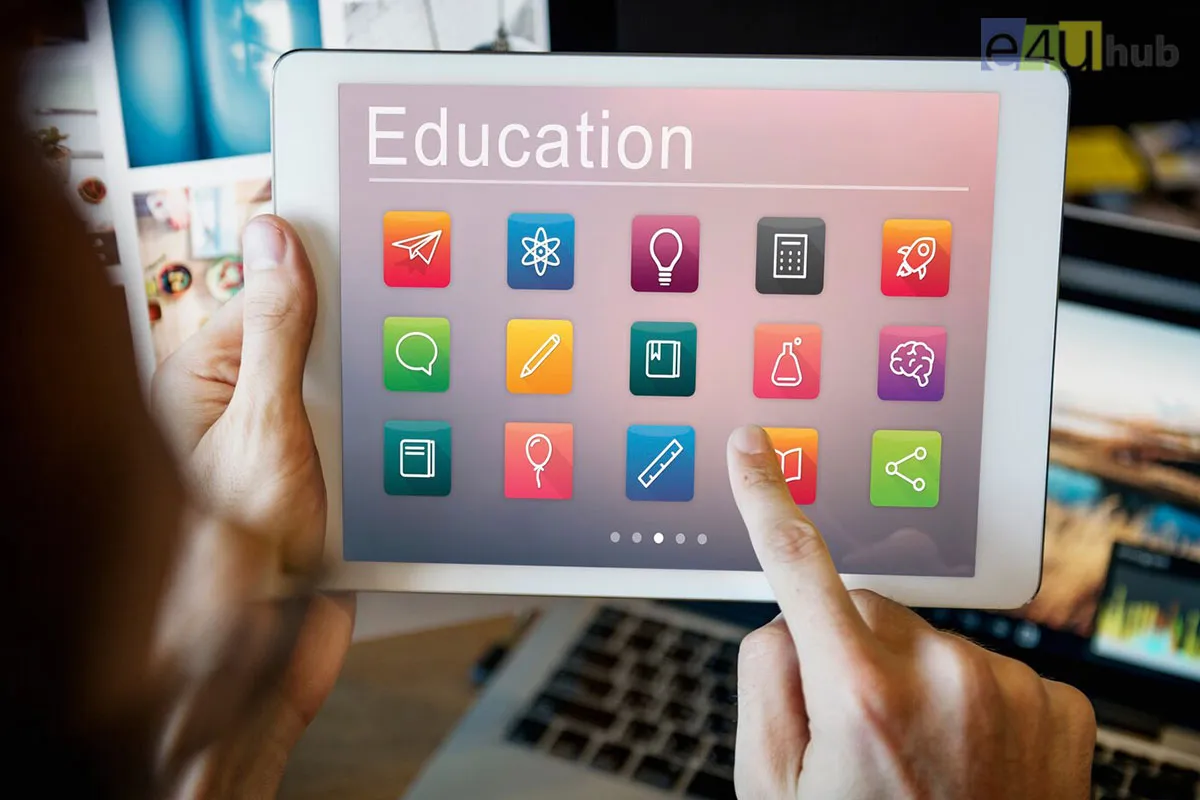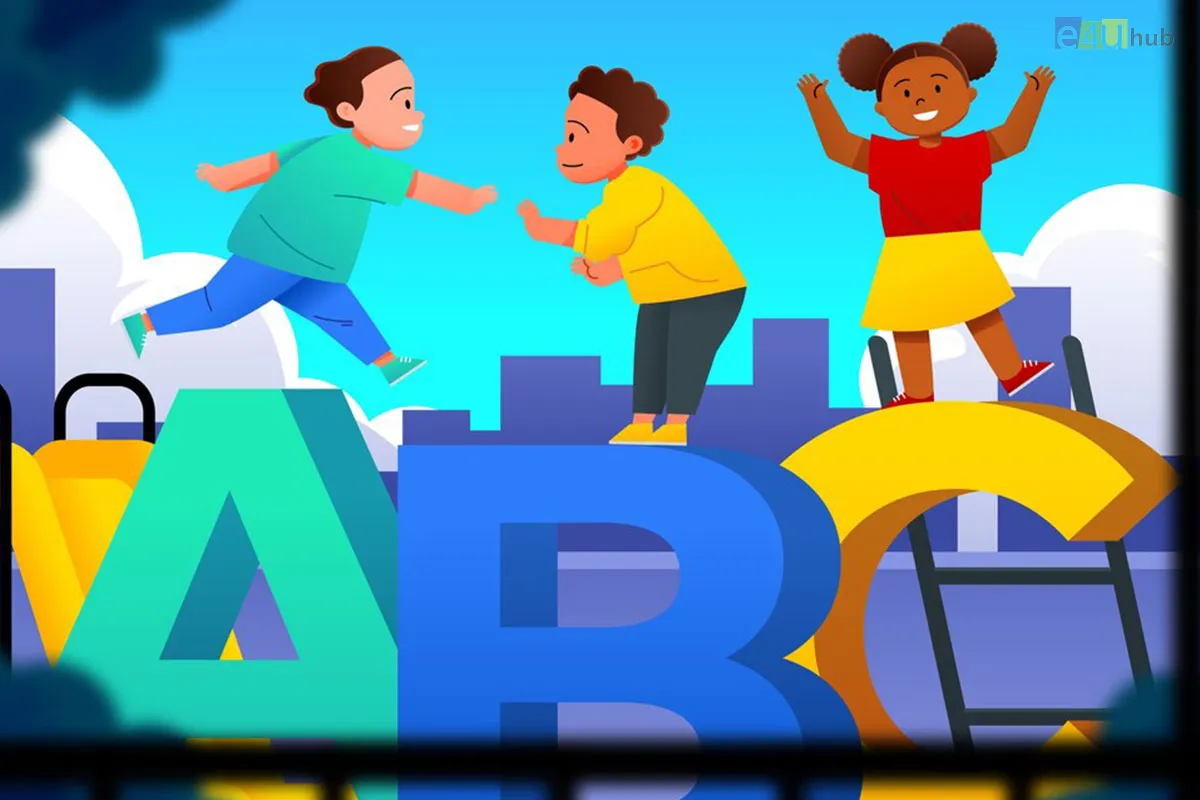
Educational Field Trips Benefits
- 03 Nov, 2023
- Education
- 760 Views
- 0 Comments
Educational field trips offer a wide range of benefits for students, enhancing their overall learning experience in various ways. Here are some of the key advantages of educational field trips:
1. Real-World Learning: Field trips provide students with the opportunity to experience and learn about real-world applications of classroom knowledge. Seeing concepts in action helps to solidify their understanding of the subject matter.
2. Hands-On Experience: Field trips often involve hands-on activities, experiments, and interactive displays. This tactile experience allows students to engage directly with the materials, fostering a deeper understanding of the topic.
3. Cultural Exposure: Visiting museums, historical sites, or diverse communities exposes students to different cultures, traditions, and perspectives. This exposure promotes cultural awareness, tolerance, and a broader worldview.
4. Enhanced Engagement: Field trips capture students' attention and interest, making learning more engaging and memorable. Students are more likely to be motivated and enthusiastic about learning when it involves exciting real-world experiences.
5. Critical Thinking: Field trips encourage students to ask questions, make observations, and analyze what they see. This promotes critical thinking skills as students actively engage with the information presented to them.
6. Social Skills Development: Interacting with peers and teachers in a different environment helps students develop social skills, teamwork, and cooperation. Field trips provide opportunities for students to collaborate and communicate effectively with others.
7. Improved Behavior and Attendance: Anticipation of a field trip can motivate students to maintain good behavior and attendance in the classroom. It serves as an incentive for students to actively participate in their studies.
8. Inspiration and Aspiration: Meeting professionals, experts, or artists during field trips can inspire students to pursue careers or hobbies they may not have considered before. Exposure to various professions can broaden their career aspirations.
9. Memory Retention: Experiencing concepts in a real-world context enhances memory retention. Students are more likely to remember information learned during a field trip due to the multisensory experience and emotional connection to the subject matter.
10. Parental Involvement: Field trips often involve parental participation, allowing parents to engage in their child's educational experiences. This involvement strengthens the parent-teacher-student relationship and promotes a supportive learning environment.
In summary, educational field trips enrich students' learning by providing them with firsthand experiences, promoting critical thinking, enhancing social skills, and inspiring a passion for learning. They contribute significantly to a well-rounded and comprehensive education.















Leave a Reply